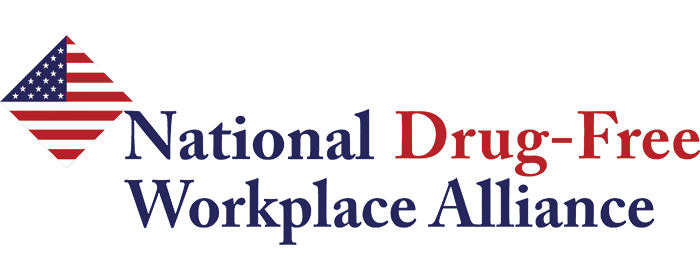The National Safety Council reports that while 75% of U.S. employers are affected by the opioid crisis, only 17% feel prepared to tackle it.1 Employers can either hinder recovery or provide crucial support to employees during their journey to recovery.
One significant finding from research being done at the Missouri University of Science and Technology is that there is a significant lack of education and awareness among employers when it comes to working with individuals who are actively using opioids or are in recovery.2 Clair Reynolds Kueny, the principal investigator for the university's Resilient Network of Workforce and Opioid-focused Rural Community-Organizations (R-NetWORC) program, aims to bridge this gap by improving employers' understanding of addiction and recovery.2 The goal is to equip businesses to support their employees rather than terminate them.
Studies have shown that employment can be a motivating factor for individuals seeking treatment and staying committed to recovery.3 Already, 26 states have begun to implement recovery-friendly workplace initiatives to dispel misconceptions about substance use disorder, educate employers about recovery, and some states even provide financial incentives to those who hire and retain employees in recovery.2
Supporting employees on their path to recovery is not just the right thing to do; it's also beneficial for companies. Employees who receive support are more likely to be engaged and productive, ultimately contributing to the company's success.3
The message is clear: employers play a crucial role in combating the opioid crisis, and they have an opportunity to make a positive impact on the lives of their employees.
As researchers and communities come together to address the opioid crisis, it's essential for employers to be part of the solution, offering not just employment but also compassion and understanding to those on the path to recovery. Ultimately, when employees thrive, so do the companies that employ them.
For more on creating a recovery-friendly workplace, check out this comprehensive guide from Recovery Works CT.
Resources:
- POLL: 75% of employers say their workplace impacted by opioid use - National Safety Council. (n.d.). https://www.nsc.org/in-the-newsroom/poll-75-of-employers-say-their-workplace-impacted-by-opioid-use
- Abovyan, K. (2023, July 20). Workplace support plays a critical role in managing the opioid crisis. Columbia Missourian. https://www.columbiamissourian.com/news/state_news/workplace-support-plays-a-critical-role-in-managing-the-opioid-crisis/article_0c6383ba-1511-11ee-a1c1-7743f660e7e5.html
- Laudet A. B. (2012). Rate and predictors of employment among formerly polysubstance dependent urban individuals in recovery. Journal of addictive diseases, 31(3), 288–302. https://doi.org/10.1080/10550887.2012.694604









